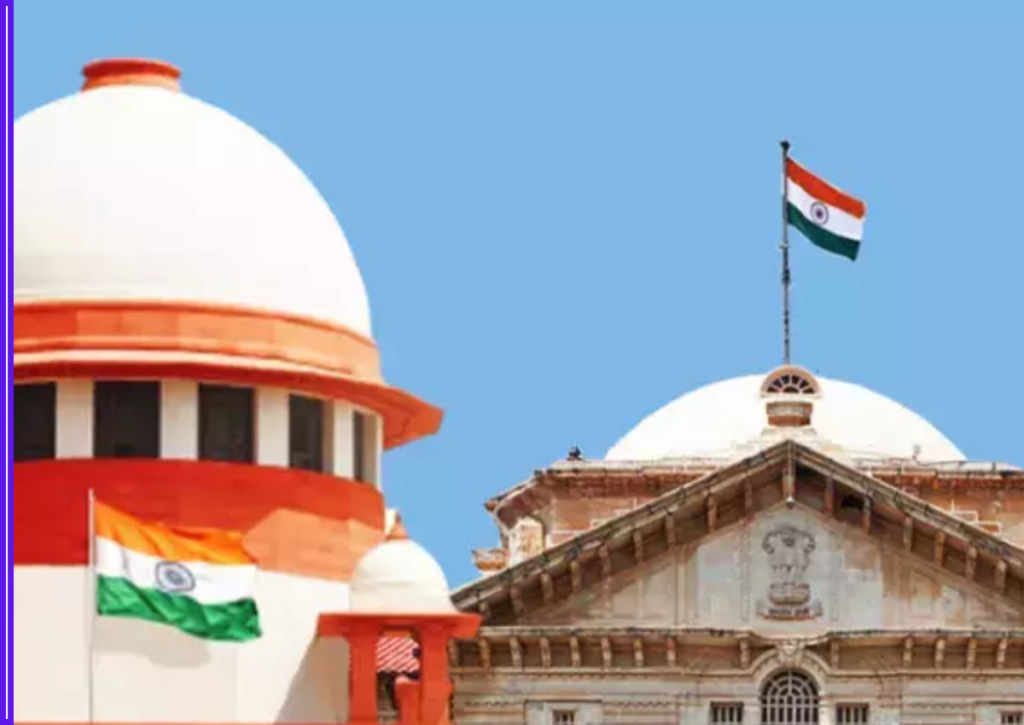New Delhi, March 25 – The Supreme Court of India is set to hear a crucial case on Wednesday regarding the recent ruling by the Allahabad High Court, which stated that grabbing a woman’s breasts and pulling the strings of her pyjama does not constitute an attempt to rape.

The High Court’s decision, which arose in a case under Section 376 and other provisions of the IPC, has ignited widespread debate and criticism from legal experts and women’s rights advocates. Many argue that such interpretations could weaken protections against sexual violence and create dangerous legal precedents.
According to the High Court’s ruling, the accused’s actions did not meet the legal threshold for an attempted rape charge. However, legal experts believe this interpretation is too narrow and fails to account for the trauma and violation experienced by survivors.
The case has now reached the Supreme Court, which will review whether the judgment aligns with the broader legal framework designed to prevent and punish sexual offenses. The outcome is expected to set an important precedent for similar cases in the future.
Insight: A Step Backward in Women’s Safety
Legal and women’s rights advocates argue that the ruling reinforces a troubling precedent that could discourage survivors from seeking justice. By narrowly defining what constitutes an attempt to rape, the judgment risks normalizing forms of sexual violence that cause deep emotional and psychological harm.
Experts emphasize that such interpretations of the law contribute to a culture where offenders may not be held accountable for their actions, ultimately weakening the legal safeguards meant to protect women. The focus, they argue, should be on the intent and impact of the assault rather than just the completion of the act.
As the Supreme Court prepares to hear the matter, activists and legal professionals hope that the verdict will reaffirm a survivor-centric approach and strengthen the legal framework against sexual crimes. The decision will be crucial in shaping how courts interpret and enforce laws related to sexual offenses in India.





